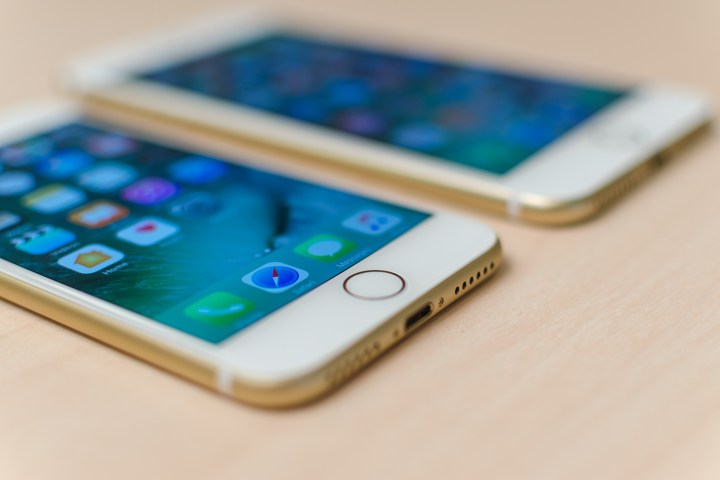
Here’s the typical scenario: you place your iPhone snugly in a rear pants pocket, run a few errands, and, forgetting your handset’s still hugging your behind tightly, sit down. Soon, thanks to the inherent conductivity of your posterior, your phone is unlocked and your best friend is wondering why you left her a crackly, twenty-minute voicemail message that sounds like it came straight out of a French New Wave film. It’s a mistake no less embarrassing the second or third time, much less the sixtieth time.
Apple’s solution? Leveraging context — specifically, usage data from a paired wearable — to ensure the offending phone doesn’t wake prematurely. The patent describes how a paired gadget like an Apple Watch, for example, could infer from an incoming phone call that its wearer will, upon noticing the notification, subsequently unlock and answer the paired phone. Predicting other behaviors would be just as trivial: notifications about emails, which often format poorly to the smartwatches, would likely motivate the use of a paired phone than would comparatively easy-to-read text messages.
The myriad sensors in smartwatches and wearables could supplement that data, the patent posits. A paired phone might “correlate” physical data like proximity (e.g., the distance between a smartphone stowed in a bag or purse versus pocket) and acceleration (e.g., whether you’ve stowed your phone for a quick jog or a long walk) to power down, lock, or enable power-saving modes.
And the filing takes the conceit to the logical next step: anticipatory automation. A paired phone might not only launch your messaging app of choice when a lengthy text arrives from a friend, for instance, but navigate to the screen that displays the incoming message. “The mobile device can … infer the user’s likely intent [from] context information … and prepare itself [for use] accordingly,” the patent reads.
There’s no certainty it’ll ever see the light of day, of course. (Patents aren’t a particularly reliable indicator of forthcoming features.) And Apple is notorious for filing applications that tend more toward the whimsical than feasible — last week, the iPhone maker patented “bleached sulfate” shopping bags with “rough and dull … [finishes].” But the idea of tapping the contextual prowess of smartwatches isn’t a new one, and is perhaps simple enough to implement in an over-the-air software update. Who knows: next time you inadvertently sit on your shiny new iPhone, it might just know who not to butt dial.


